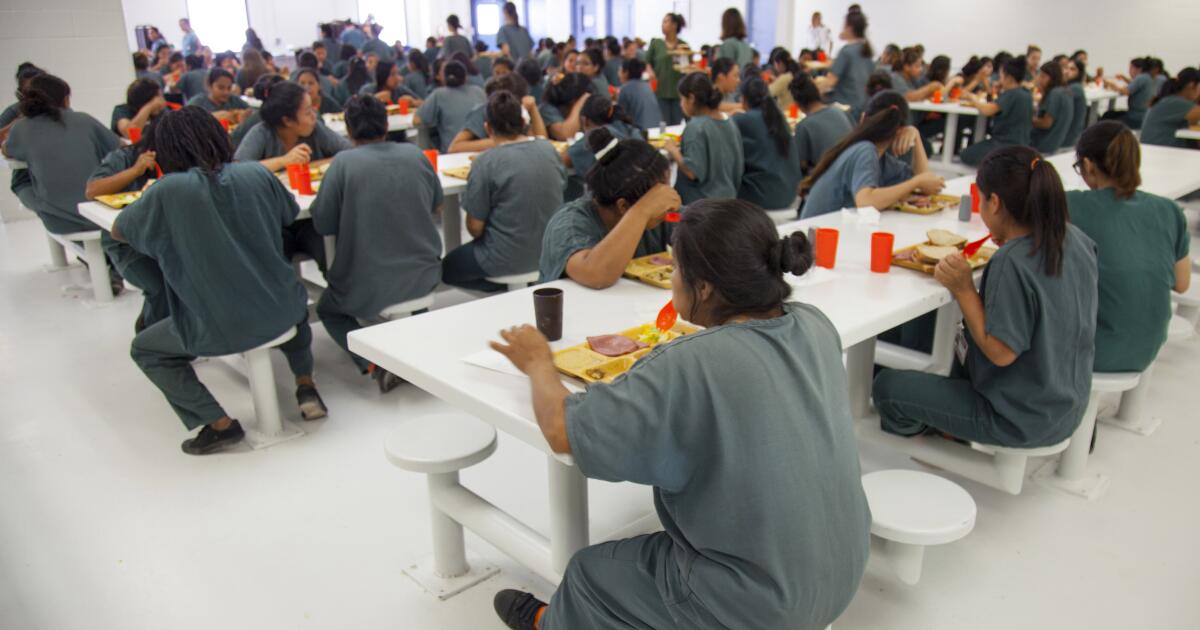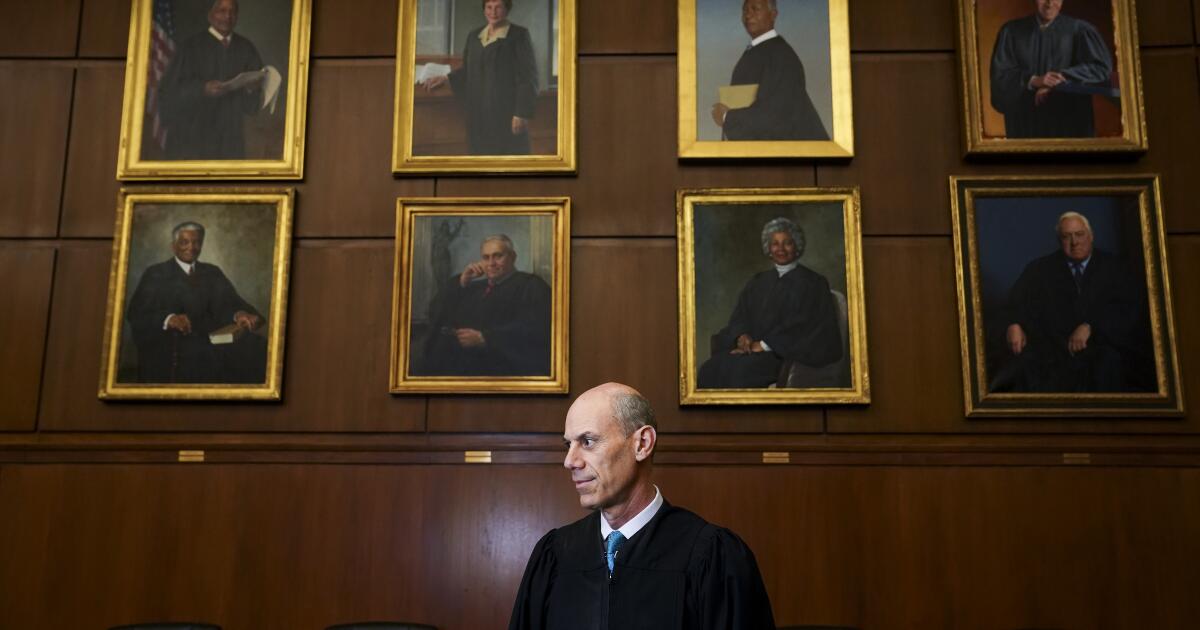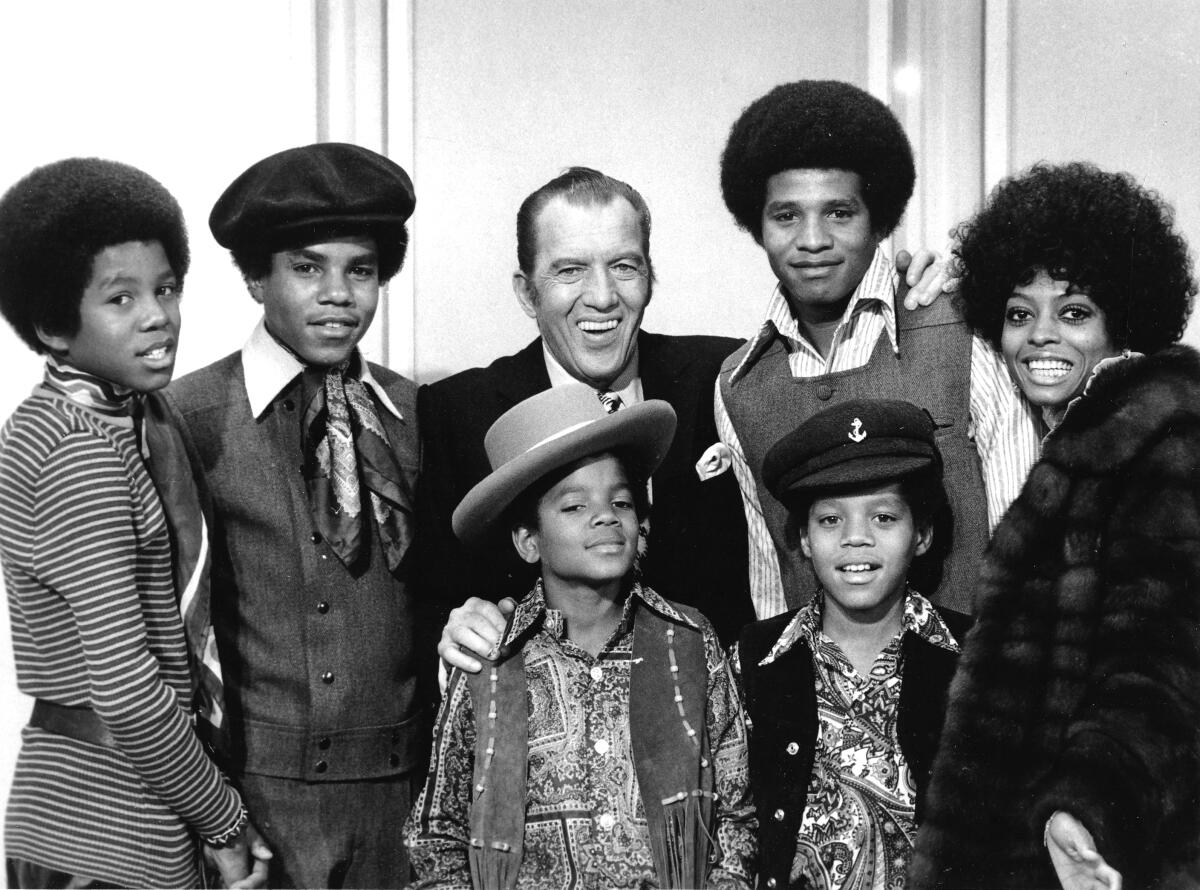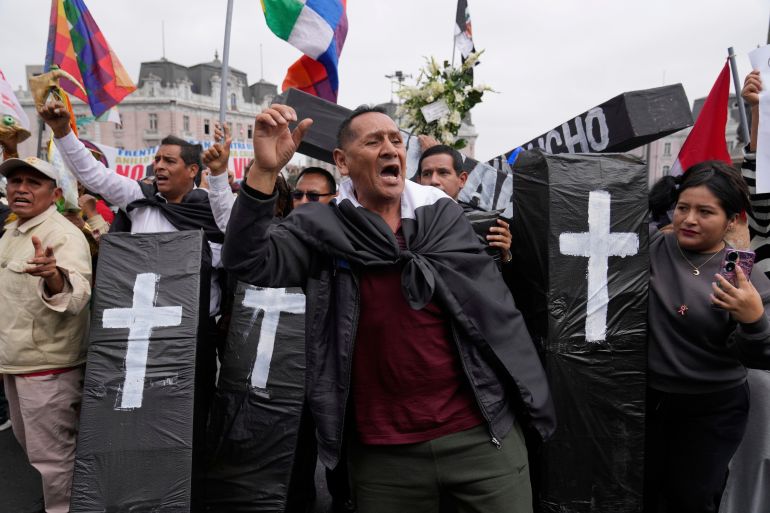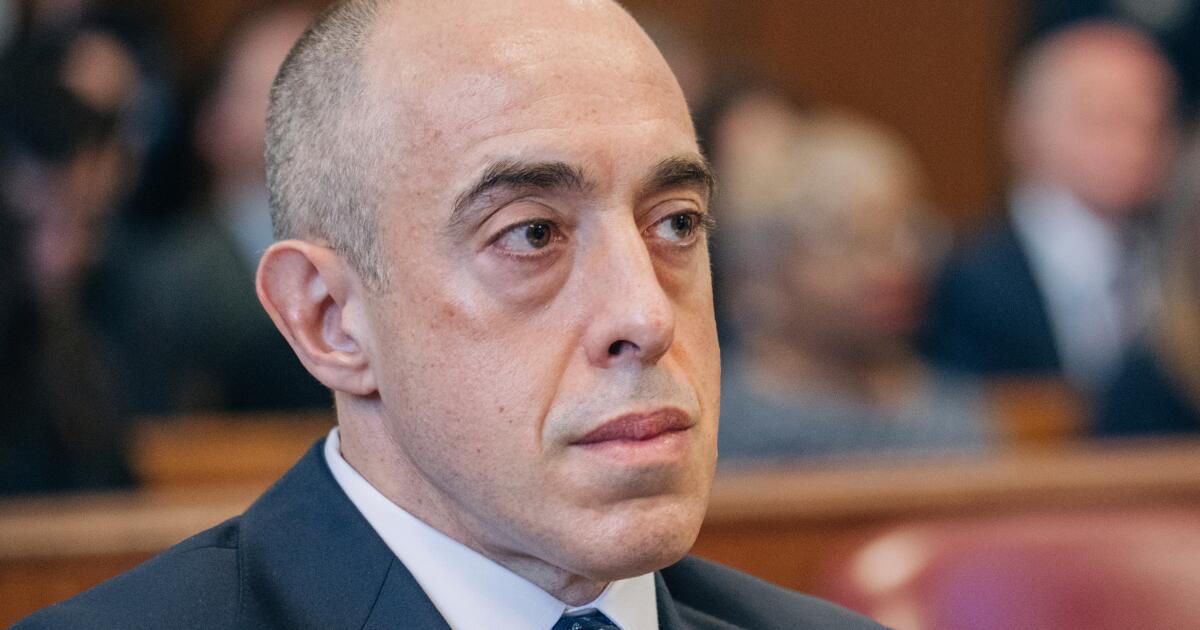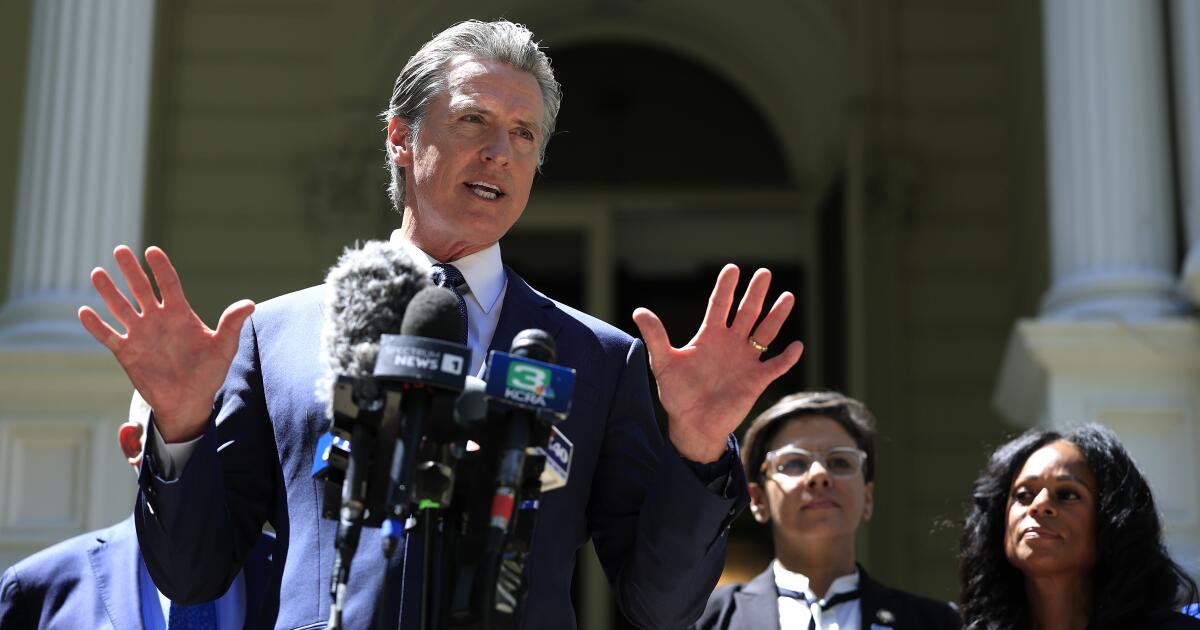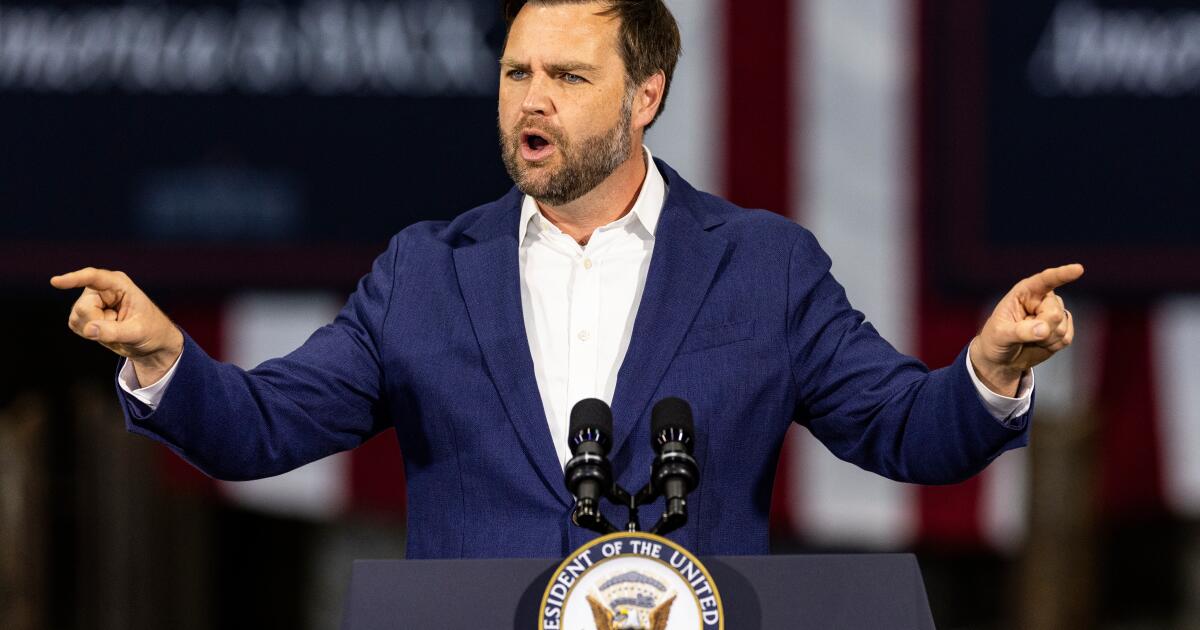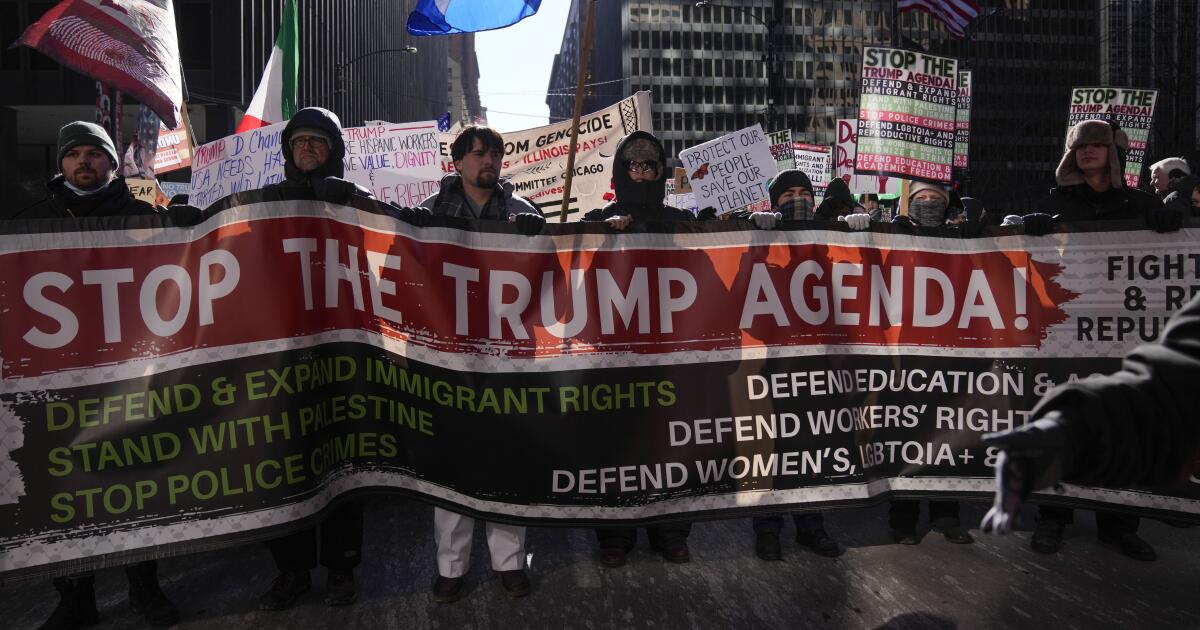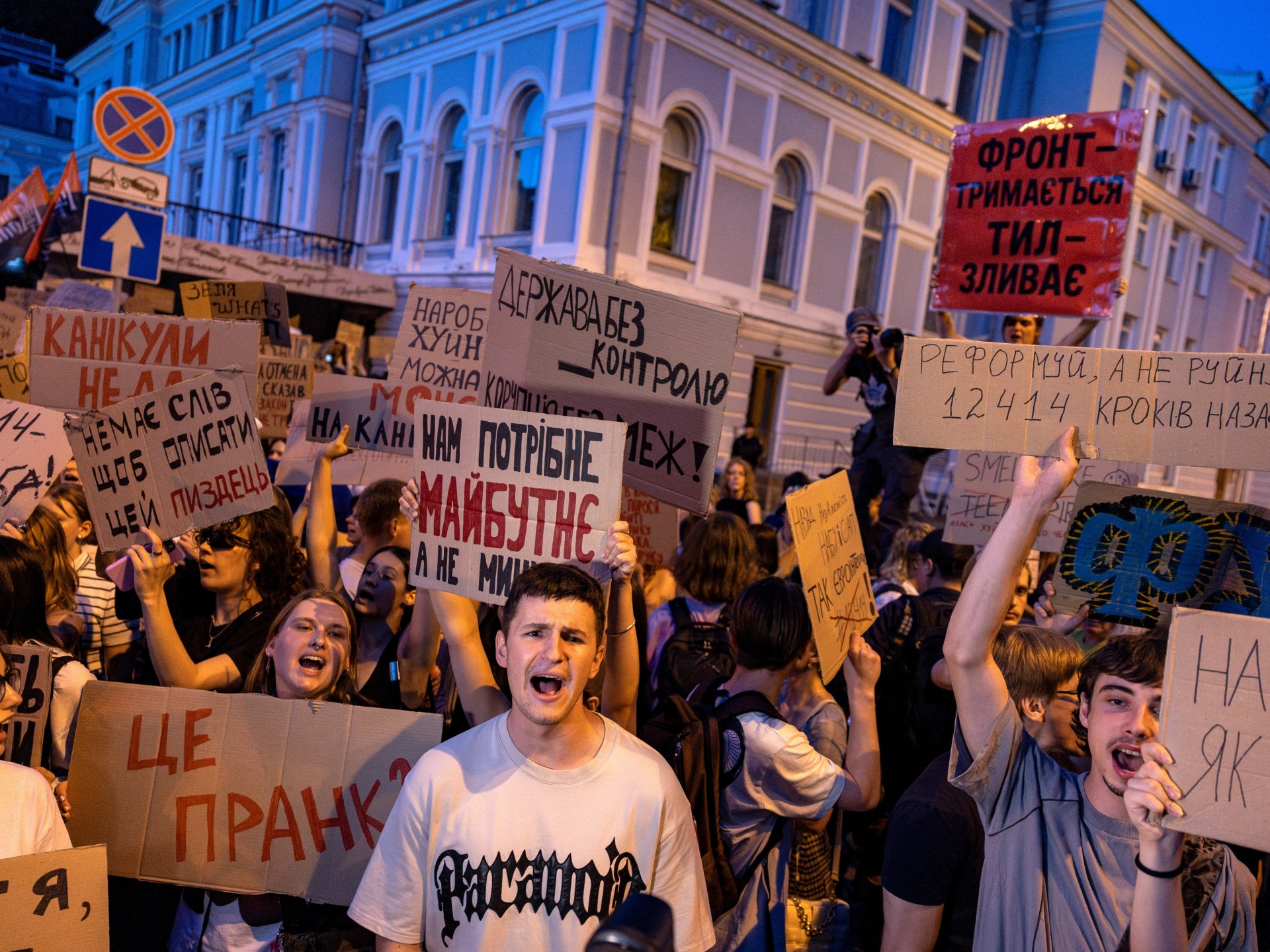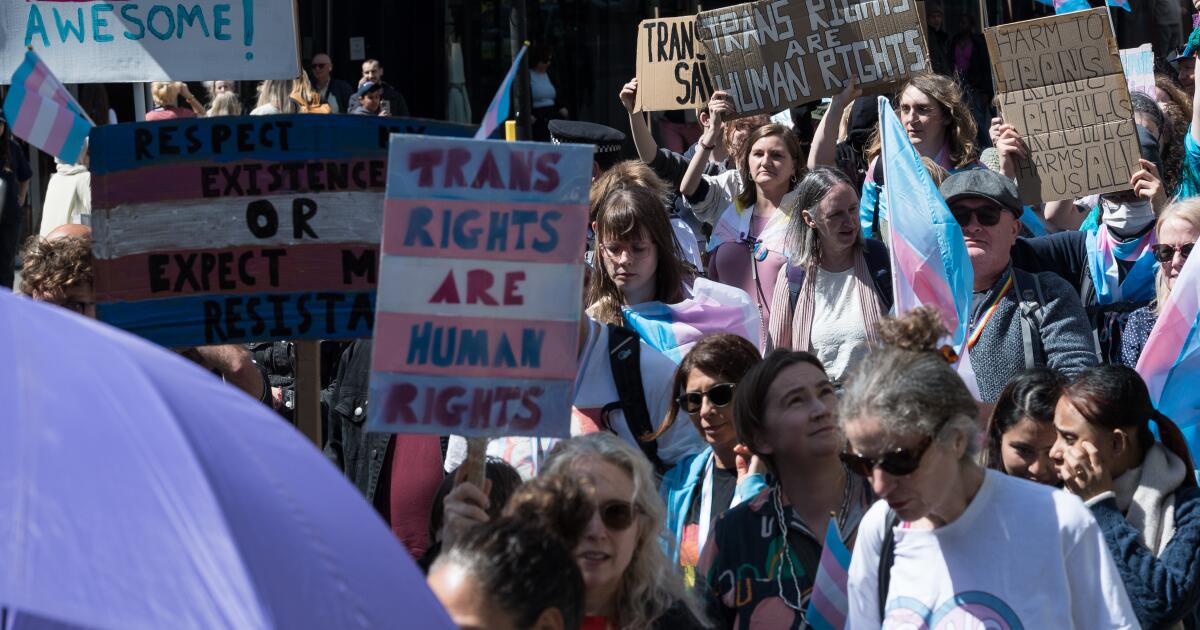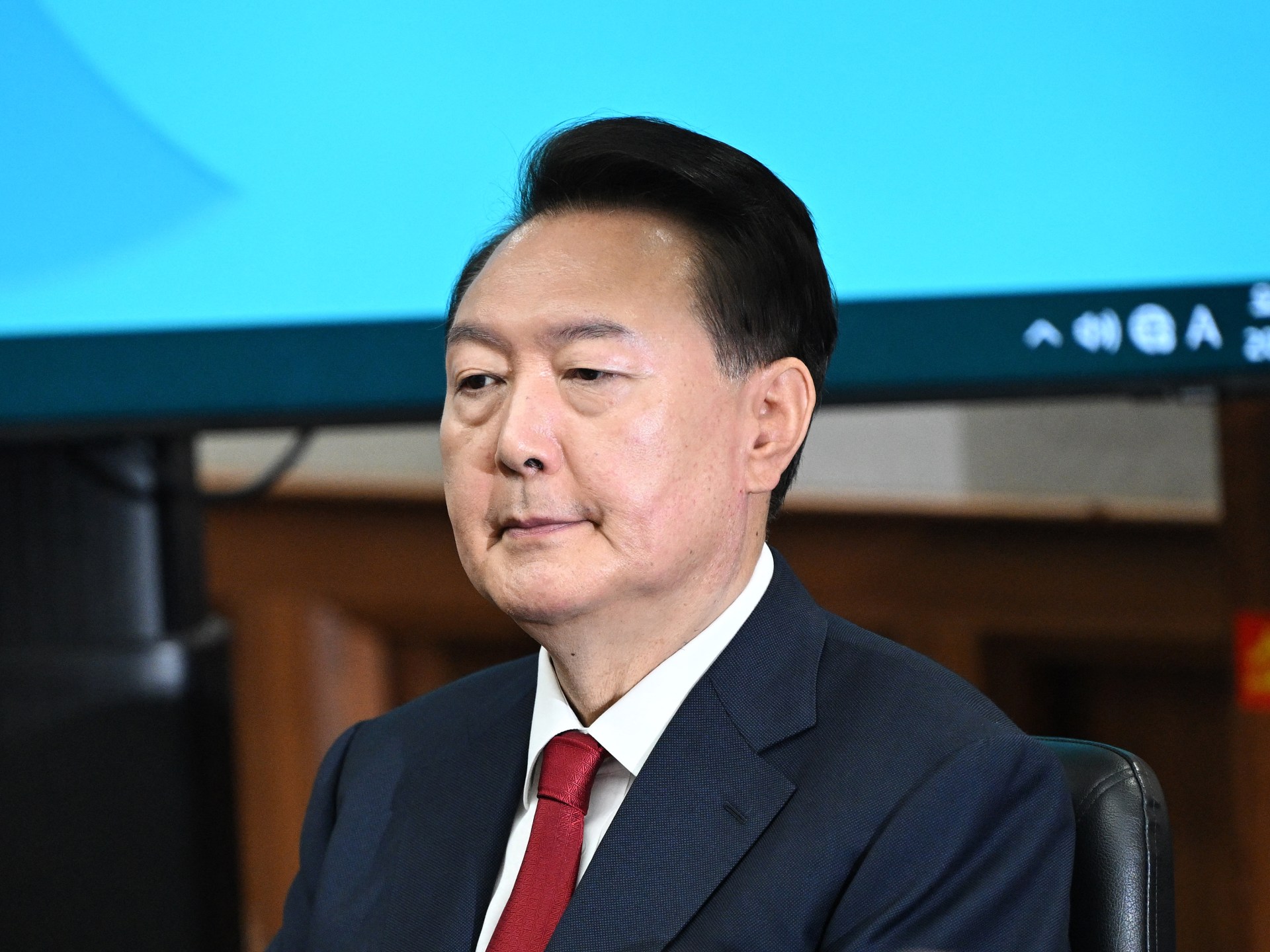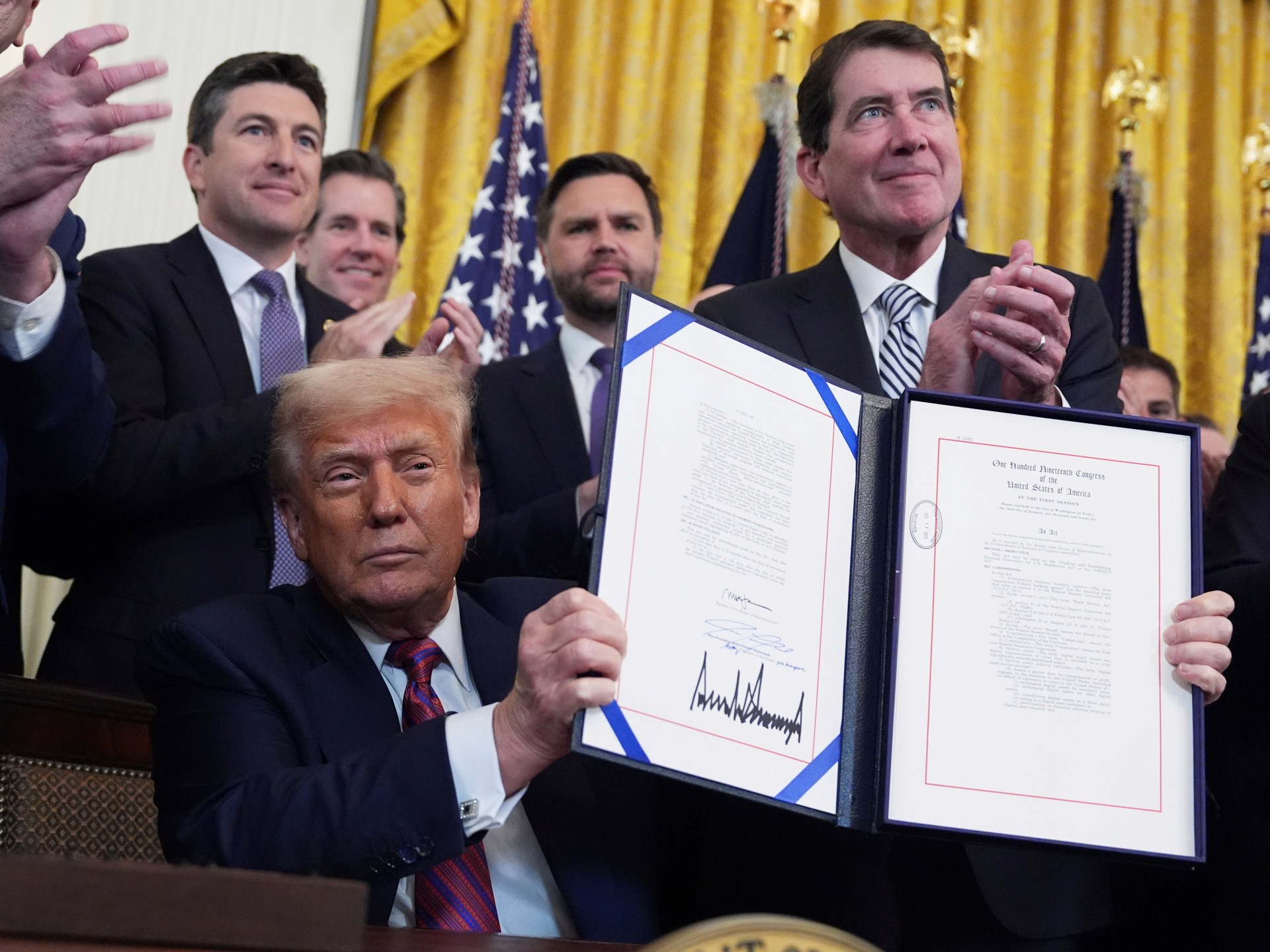WASHINGTON — Federal immigration authorities are attempting to quickly deport an Arizona woman who has lived in the U.S. for nearly 30 years, in what her lawyers are calling the first test of a federal law holding that longtime immigrants cannot be removed until they’ve had a chance to plead their case before a judge.
Lawyers for Mirta Amarilis Co Tupul filed a lawsuit Saturday night in U.S. district court in Arizona and are seeking an emergency stop to Co Tupul’s imminent deportation to Guatemala while the case plays out in court.
“Only this administration would go this far,” said Co Tupul’s lead attorney, Chris Godshall-Bennet, “because at the core of it is an underlying complete disrespect for the rule of law.”
Godshall-Bennet said the government’s move against Co Tupul is just the latest of many illegal actions being attempted by the Trump administration in its effort to remove as many immigrants as possible. If Co Tupul’s deportation is allowed to proceed, her defenders said, it could have wide implications for millions of other immigrants who have lived in the U.S. for many years and are at risk of deportation.
The lawsuit was filed against Homeland Security Secretary Kristi Noem, U.S. Atty. Gen. Pam Bondi, Acting Immigration and Customs Enforcement Director Todd Lyons and Phoenix ICE Field Office Director John Cantu. The Department of Homeland Security didn’t immediately respond to a request for comment.
Federal law since 1996 allows the government to place immigrants in expedited removal proceedings if they have lived in the U.S. for under two years. The Trump administration appears to be using that law beyond its limits.
“They are going to start going around, grabbing people who have been here for decades and throwing them out without immigration court hearings,” said Eric Lee, another of Co Tupul’s attorneys.
Co Tupul’s lawyers don’t deny that she lacks legal status. At issue, they say, is how much due process she should receive.
Co Tupul, 38, entered the U.S. around 1996. She is a single mother of three U.S. citizens, ages 8, 16 and 18, and lives in Phoenix.
She was driving to work at a laundromat on July 22 when an officer wearing a green uniform — believed to be a U.S. Customs and Border Protection agent — pulled her over and quickly asked about her immigration status. When Co Tupul declined to answer, the agent held her while he called ICE, who transported her to the Eloy Detention Center about 65 miles southeast of Phoenix.
Three days later, her attorney Mindy Butler-Christensen called Co Tupul’s deportation officer, who explained that her client had been placed in expedited removal proceedings and would be removed within one to three weeks.
“I asked the Deportation Officer to share with me why she would be placed in Expedited Removal,” Butler-Christensen wrote in a sworn declaration. “He told me that this was a ‘new policy’ that ICE would be implementing with immigrants who have just had ‘their first contact with ICE.’”
He refused to provide documentation of the policy, she said.
Under regular deportation proceedings, immigrants are entitled to plead their case before an immigration judge, with rights to appeal. Because of significant court backlogs, that process can be drawn out for years.
Under expedited removal, the immigration court process is bypassed and immigrants cannot appeal, though they are entitled to an asylum screening.
Initially, the faster process was only applied to immigrants who arrived at ports of entry, such as airports. By the mid-2000s, it had expanded to those who entered illegally by sea or land and were caught by border agents within two weeks of arrival.
Use of expedited removal was expanded again in June 2020, amid the COVID-19 pandemic, to those present in the U.S. for under two years.
In January, the Trump administration announced that the government would now seek expedited deportation for those arrested not just within 100 miles of the border, but to those arrested anywhere in the U.S. The policy still applied only to those in the U.S. for under two years.
In the Federal Register notice announcing the change, then-acting Homeland Security Secretary Benjamine Huffman wrote that it “restores the scope of expedited removal to the fullest extent authorized by Congress.”
“First they expanded the geographical area, and now they seem to be challenging the two years,” said Godshall-Bennet.
Co Tupul’s brother assembled a large collection of documents, including 16 signed affidavits of close friends and family and vaccine records dating back to July 1996, proving that she has lived in the U.S. for decades, that she has no criminal history and that she is an upstanding member of her community.
According to emails reviewed by The Times, Butler-Christensen sent the evidence to Eloy Detention Center staff and to Cantu, the ICE regional field office director, saying that Co Tupul should be placed in regular deportation proceedings immediately.
The response came July 29 in an email from a deportation officer who said “the case was reviewed and she will remain in Expedited Removal proceedings.”
On a call the next day, a supervisory detention and deportation officer asked Butler-Christensen why she was so insistent that Co Tupul be placed in regular proceedings, telling her, “What is the difference?” according to her declaration.
“He told me that during the arrest, she refused to disclose to the officers how long she had lived here,” Butler-Christensen wrote.
She added: “I responded that according to the law, she doesn’t have to share that information, and that I, as her lawyer, had supplied plenty of evidence to [ICE] regarding how long she had resided in Arizona.”
The officer didn’t budge.
Another ICE official confirmed what that officer had suggested — that Co Tupul was being placed in expedited removal proceedings because she had declined to share her immigration status with the officer who arrested her.
“Upon the administrative arrest of your client, she invoked her right to not make a statement,” the official wrote in an email to Butler-Christensen. “Based on this, officers processed her as an Expedited Removal.”
Co Tupul’s eldest son, Ricardo Ruiz, said his mother had prepared him for the possibility of her being detained. She frequently watched the news and was afraid the reported ICE raids would eventually reach her doorstep.
In short calls from the detention center, Ruiz said she told him to look out for his brothers and to stay focused on his own school work as a freshman in college.
Ruiz works at Walmart and split the bills with his mother. Without her help, he said he’s quickly feeling the pressure to keep their family afloat. Ruiz described Co Tupul as a dedicated and hardworking woman who raised her kids to be good citizens who respect the law.
He said it’s unfair that immigration officials aren’t respecting the law themselves.
“I just don’t think she deserves this,” he said. “No one does.”
On Monday, Co Tupul’s youngest sons started their first day of the new school year. For the first time, it was Ruiz dropping them off instead of their mother.
